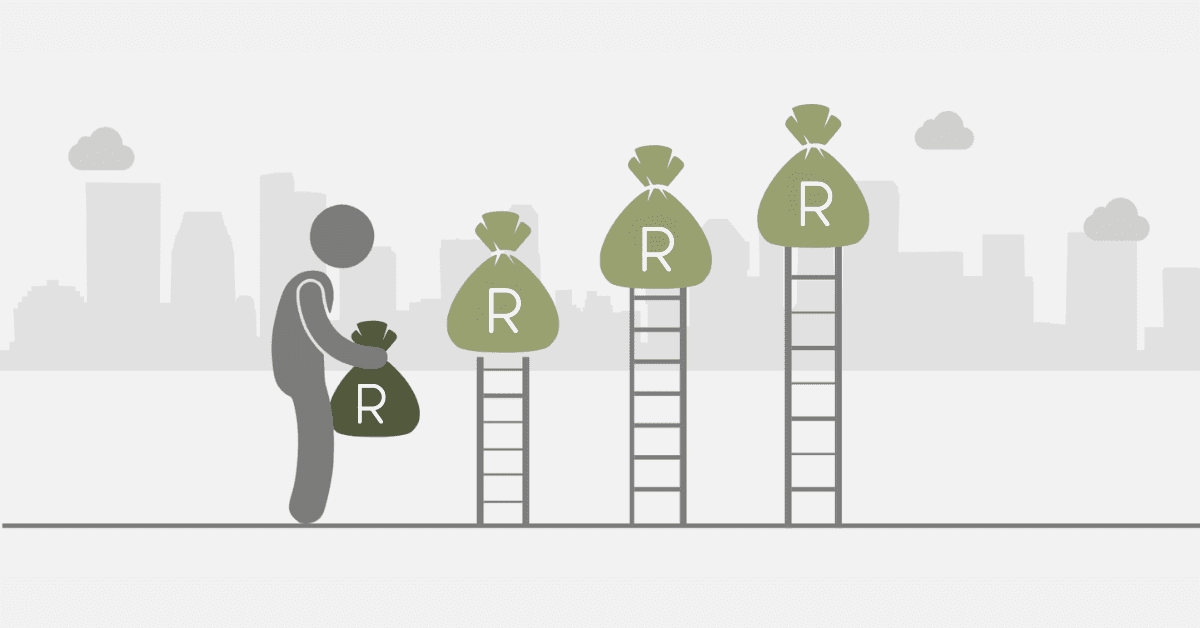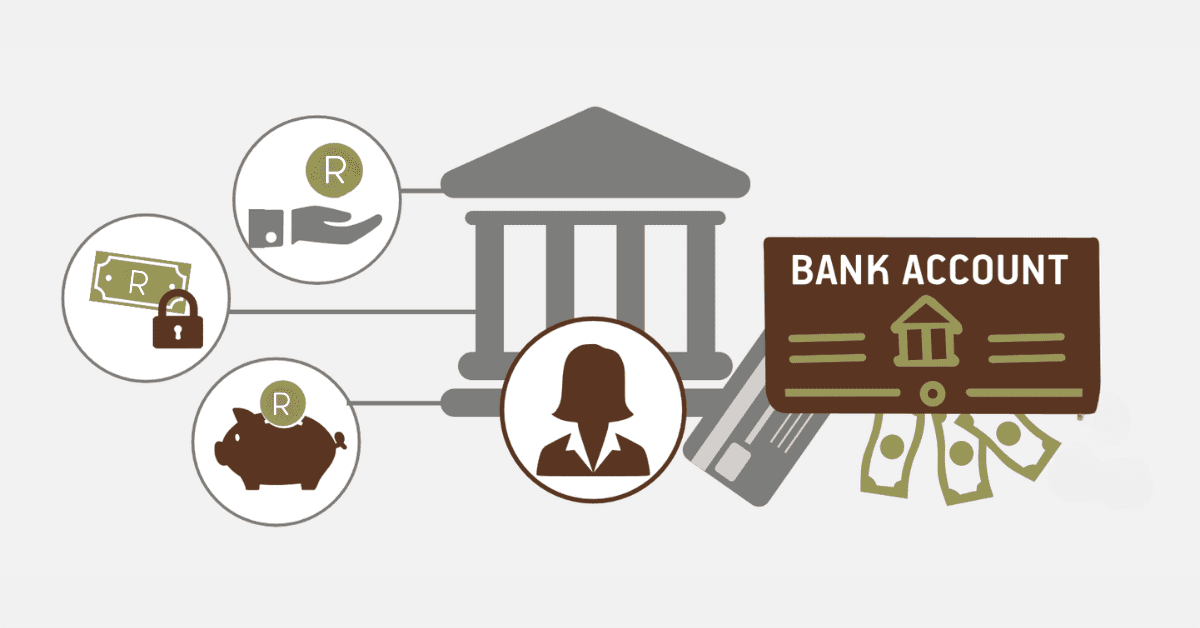Financial success is never an overnight phenomenon, more so if it deals with the complex economic backdrop of South Africa. It is about time, discipline, and inculcating good money habits. Such habits do not only help you better manage your finances but, in the process, prepare you to respond efficiently against any financial challenge that crops up. Be it for wealth creation, retirement savings, or economic security, one must adopt the correct financial practices.
If you start today, you can be well on your way toward long-term financial well-being. Below are ten crucial money habits every South African must regard inculcating into their daily lives.
10 Good Money Habits You Should Start Today
- Save Consistently
One of the building blocks of financial success is a culture of saving. In South Africa, due to an economy that is not promising, a substantial saving culture is a readily available opportunity for all. One should start by setting up a percentage of their income every month, the ideal figure being 10-20%. Only then you’ll be able to build an emergency safety net while also creating room for investment in the future. The sooner you start saving, the more significant the amount that benefits from compound interest. It could really work to grow your money.
- Have Financial Goals
Setting clear financial goals gives you direction and purpose. Specifically, buying a house and providing for your children’s education funding are some of the types of goals to consider during financial planning so you can retire comfortably. In South Africa, the cost of living between one city or town and another may be exceptionally different; having set these targets enables you to prioritize expenses and savings. Regularly re-equip and readjust your goals to ensure their relevance and continued achievement, considering all the changing variables in your circumstances.
- Protect Your Risk
Life is full of uncertainties, and protecting yourself against various financial risks could be one good habit to have. Where it is not easy for everybody in South Africa to have access to health care or social safety nets, having insurance can be very important. One can contemplate life, disability, and critical illness cover. This will then protect your salary and acquired assets from untimely death, permanent or severe illness, or injury resulting in permanent disability. The general thinking is that insurance premiums are usually cheaper while you are young and healthy, so do not waste too much time before you secure the relevant coverage.
- Manage Debt Responsibly
One of the standard financial tools is debt; however, it requires prudent management because one can easily fall into the trap of credit so readily available in South Africa. However, your levels of indebtedness have to be kept at manageable levels for monetary stability. Repay your high-interest arrears, such as credit cards and personal loans, as soon as possible, as that will free up a lot of income for savings and investments.
- Spend Less Than You Earn
This goes without saying, but it is among the most fundamental rules for good fiscal health. In a consumer-driven country such as South Africa, nothing is more simplistic than finding oneself in the throes of institutional poverty without a roadmap. Always using less than you generate, on the other hand, allows you to save and invest the difference. Create a budget that accommodates your income as well as your expenditure, and most of all, live by it. Over time, that practice will help you build your wealth and reach your financial objectives.
- Plan for the Unexpected
Life might throw unexpected expenses at you, like a medical emergency or car repair. Since citizens in South Africa have low access to credit, the importance of emergency funds is high. Save, if possible, at least three to six months’ worth of living expenses in a separate and easily accessible account. This fund will always help you bear the brunt in times of unexpected costs since it is pretty distressing to borrow money.
- Be Tax Efficient
Because tax efficiency is overlooked in personal finance, the complexity of the South African tax system requires one to utilize all deductions and credits available. A contribution to either an RA or TFSA lowers your taxable income, enabling you to retain your hard-earned money. Consult a tax professional to ensure that you’re making the most out of such opportunities.
- Invest Wisely
Long-term wealth is acquired through investment. For a country like South Africa, with its high rate of inflation, which most often eats into your money, it is vital to invest in assets that will mostly yield above the rate of inflation. Consider diversification of investments across different asset classes, among them stocks, bonds, and property. This spreads out your risk, enhancing your likelihood of getting steady returns over time.
- Review Your Finances Regularly
Keeping a check on your financial situation is very critical in staying on course. One needs to review their financial plan quite regularly in South Africa’s dynamic economic environment. Take time off every quarter to check your current budget, the level of your savings, where investments are in progress, and adequate insurance coverage, all necessary to follow your spending and keep focused on the attainment of declared goals.
- Seek Professional Advice
Finally, never step back to get professional advice on matters pertaining to finance. You never know how much help one may need from time to time with the somewhat unpredictable financial markets of South Africa. This would consist of a professional planner drawing up something on an overall financial plan and managing your different investments, taking careful steps through complicated choices one may make at any given instance in time concerning money matters. They can offer insight or strategies that one otherwise wouldn’t have taken into account.
Final Thoughts
The inculcation of good money habits lays the basis for financial success in a country like South Africa, where economic conditions are often harsh. By applying these habits consistently, you will have not only more security but also more prospects of prospering in the future. Begin now, remembering that every small step you take at the moment will make a big difference in your financial well-being later on. These may be time-consuming habits to develop, but the rewards are indeed worth it.


